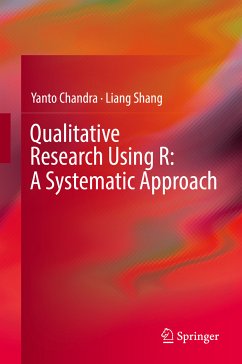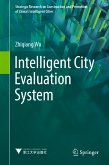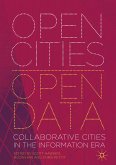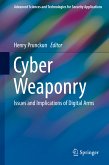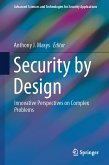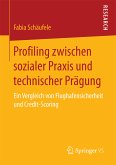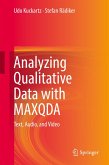This book highlights the rise of the Gioia methodology as an important paradigm in qualitative research in the social sciences, and demonstrates how the Gioia methodology can be operationalized and enhanced using RQDA. It also provides a technical and methodological review of RQDA as a new CAQDAS tool. Covering various techniques, it offers methodological guidance on how to connect CAQDAS tool with accepted paradigms, particularly the Gioia methodology, to produce high-quality qualitative research and includes step-by-step instructions on using RQDA under the Gioia qualitative research paradigm. Lastly, it comprehensively discusses methodological issues in qualitative research. This book is useful for qualitative scholars, PhD/postdoctoral students and students taking qualitative methodology courses in the broader social sciences, and those who are familiar with programming languages and wish to cross over to qualitative data analysis.
"At long last! We now have a qualitative data-analysis approach that enhances the use of a systematic methodology for conducting qualitative research. Chandra and Shang should be applauded for making our research lives a lot easier. And to top it all off, it's free." Dennis Gioia, Penn State University, USA
The authors provide an important new toolkit for qualitative researchers that will improve the depth and rigor of their data analysis. Students and seasoned researchers alike should take note!" Nelson Phillips, Imperial College, United Kingdom
The book makes me want to go back to my old data and start over! Nicole Coviello, Wilfrid Laurier University, Canada
Dieser Download kann aus rechtlichen Gründen nur mit Rechnungsadresse in A, B, BG, CY, CZ, D, DK, EW, E, FIN, F, GR, HR, H, IRL, I, LT, L, LR, M, NL, PL, P, R, S, SLO, SK ausgeliefert werden.

